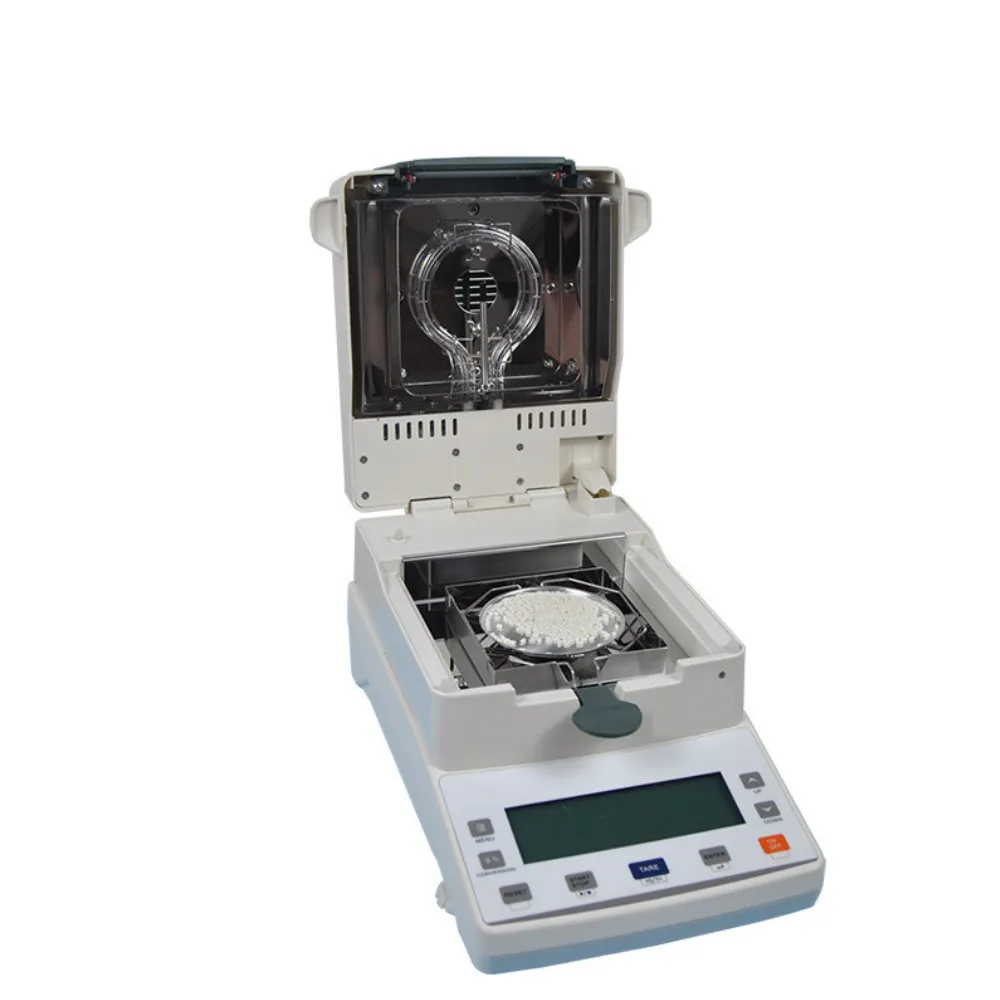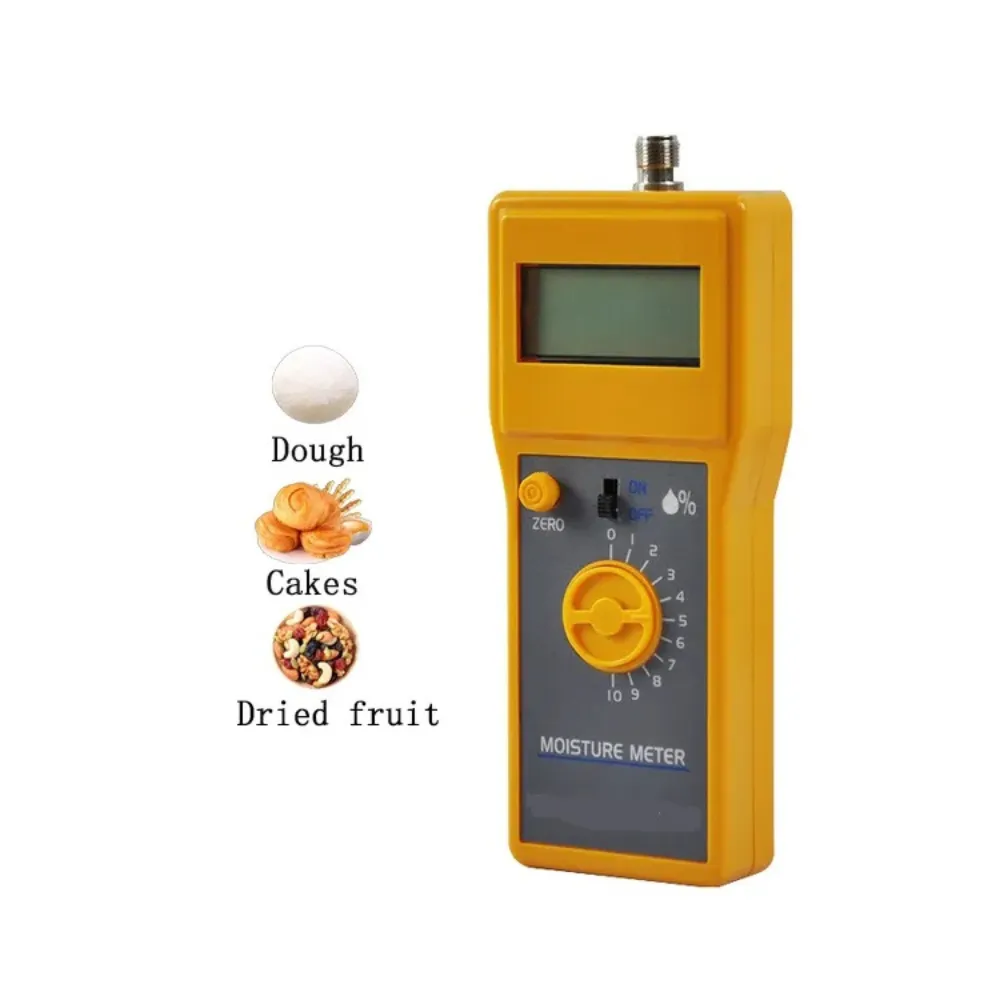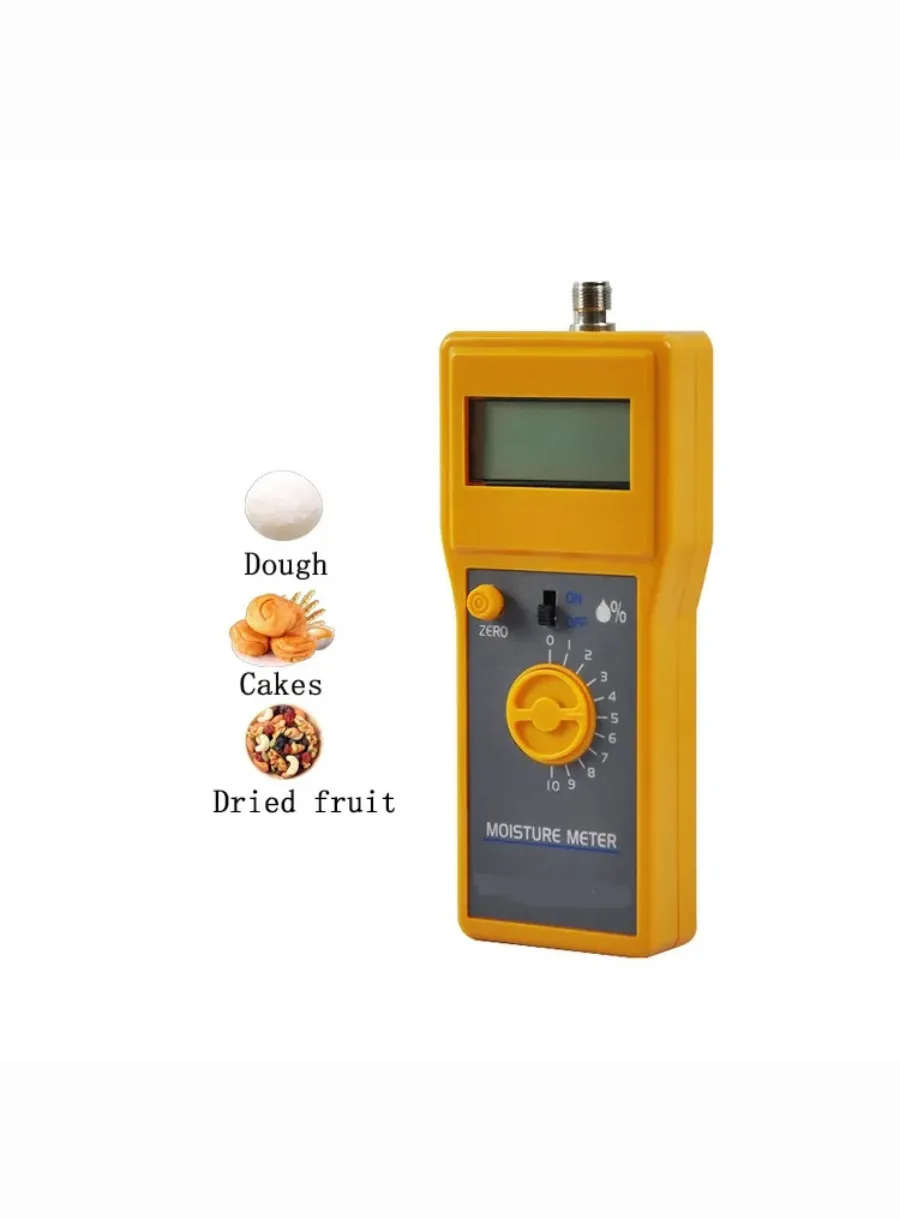
How Food Moisture Meters Work
This comprehensive guide delves into the importance of food moisture meters, explores their working principles, and highlights the different types available on the market.
Table of Contents
How Food Moisture Meters Work
Food moisture meters work by measuring the electrical conductivity of a food sample. When an electric current is passed through the sample, the moisture content affects the conductivity of the current. The meter then calculates the moisture content based on this change in conductivity. This method is quick, accurate, and non-destructive, making it ideal for use in the food industry.
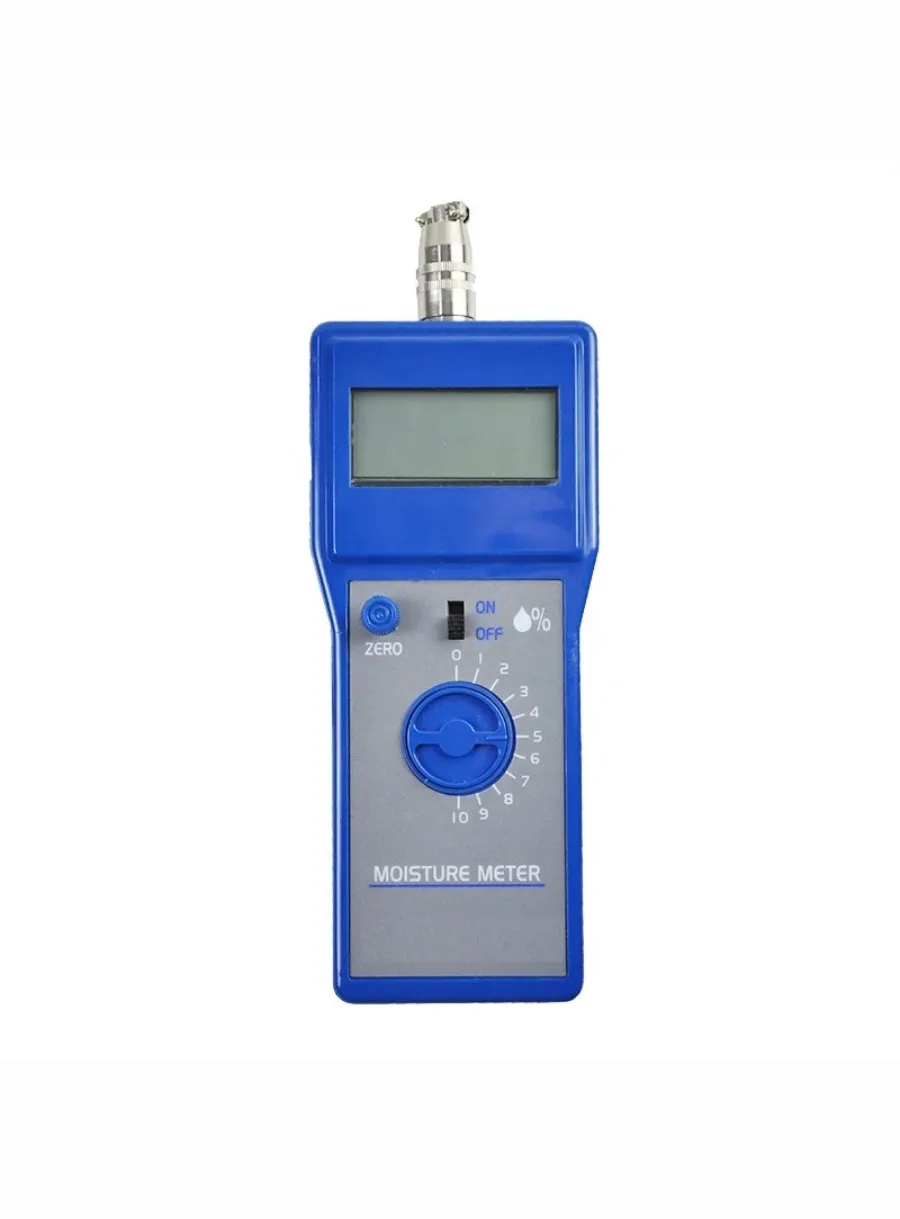
Maintaining Food Quality: The Role of Moisture Control
One of the primary reasons Food moisture meters are essential in the food industry is that they help maintain the quality of food products. The moisture content of a food product can greatly affect its texture, taste, and overall quality. For example, bread that is too dry will be crumbly and difficult to chew, while bread that is too moist will be soggy and unappetizing. By measuring the moisture content of food products, manufacturers can ensure that their products have the optimal moisture content for the best possible quality.
Ensuring Food Safety: Moisture's Impact on Microbial Growth
Another important aspect of Food moisture meters is their role in ensuring food safety. High moisture content in food products can lead to the growth of harmful bacteria and other microorganisms, which can cause foodborne illnesses. By measuring the moisture content of food products, manufacturers can ensure that their products are safe to consume by maintaining the moisture content at a level that inhibits the growth of harmful microorganisms.
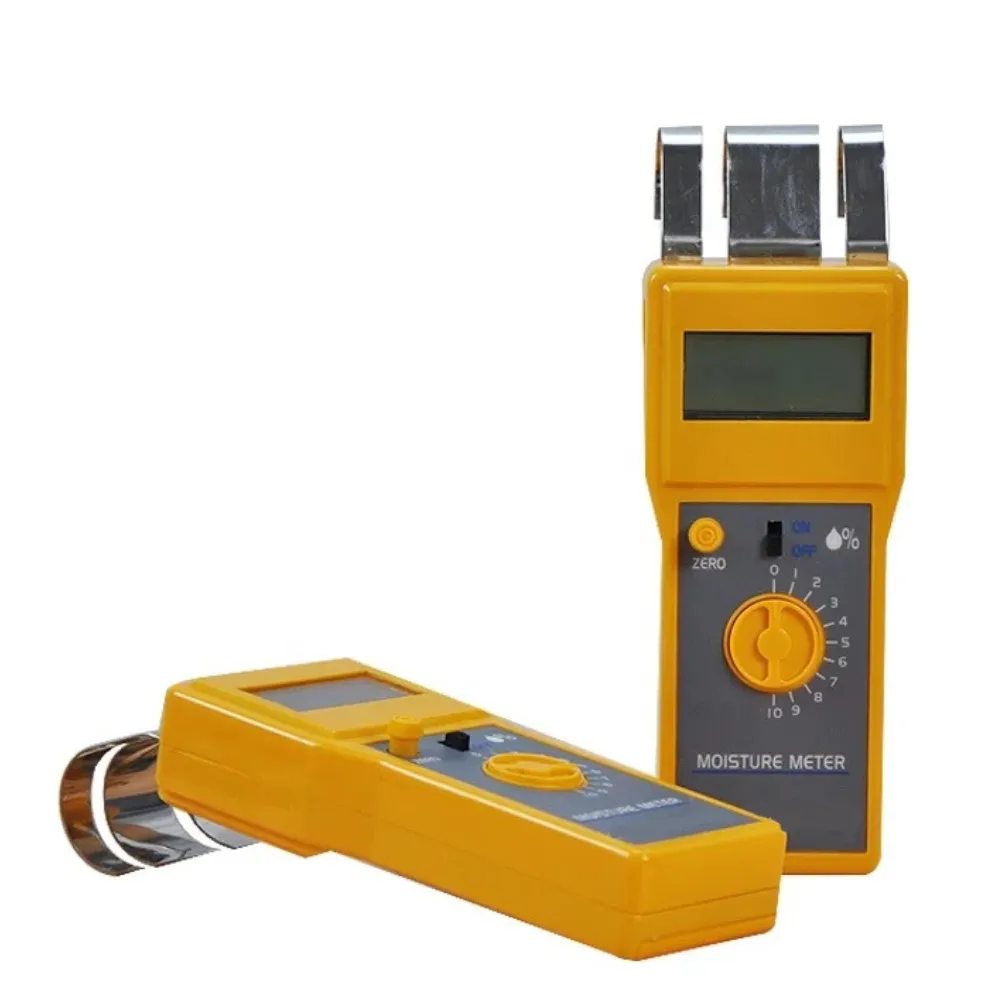
Consistency is Key: Achieving Uniformity in Food Production
Furthermore, Food moisture meters are crucial in the production of consistent food products. Variations in moisture content can lead to inconsistencies in the texture, taste, and appearance of food products. By using Food moisture meters, manufacturers can ensure that their products are consistent in quality, which is essential for maintaining customer satisfaction and brand reputation.
Optimizing Production Processes: Efficiency and Cost Savings
In addition to their role in maintaining food quality and safety, Food moisture meters also play a vital role in the production process. By measuring the moisture content of raw materials and finished products, manufacturers can optimize their production processes to ensure that they are using the right amount of moisture in their products. This can lead to cost savings and increased efficiency in the production process.
Comments
Tags
Frequently Asked Question
A wide range of food products can be measured, including baked goods, snacks, dairy products, meat, fruits, and vegetables.
Factors to consider include the type of food being measured, required accuracy level, budget, and whether you need a portable or benchtop model.
Regular calibration is essential for accurate readings. The frequency depends on usage but is generally recommended at least annually or according to the manufacturer’s instructions.
While generally safe, it’s important to follow the manufacturer’s instructions, handle the device with clean hands, and avoid contact with the electrical components.

